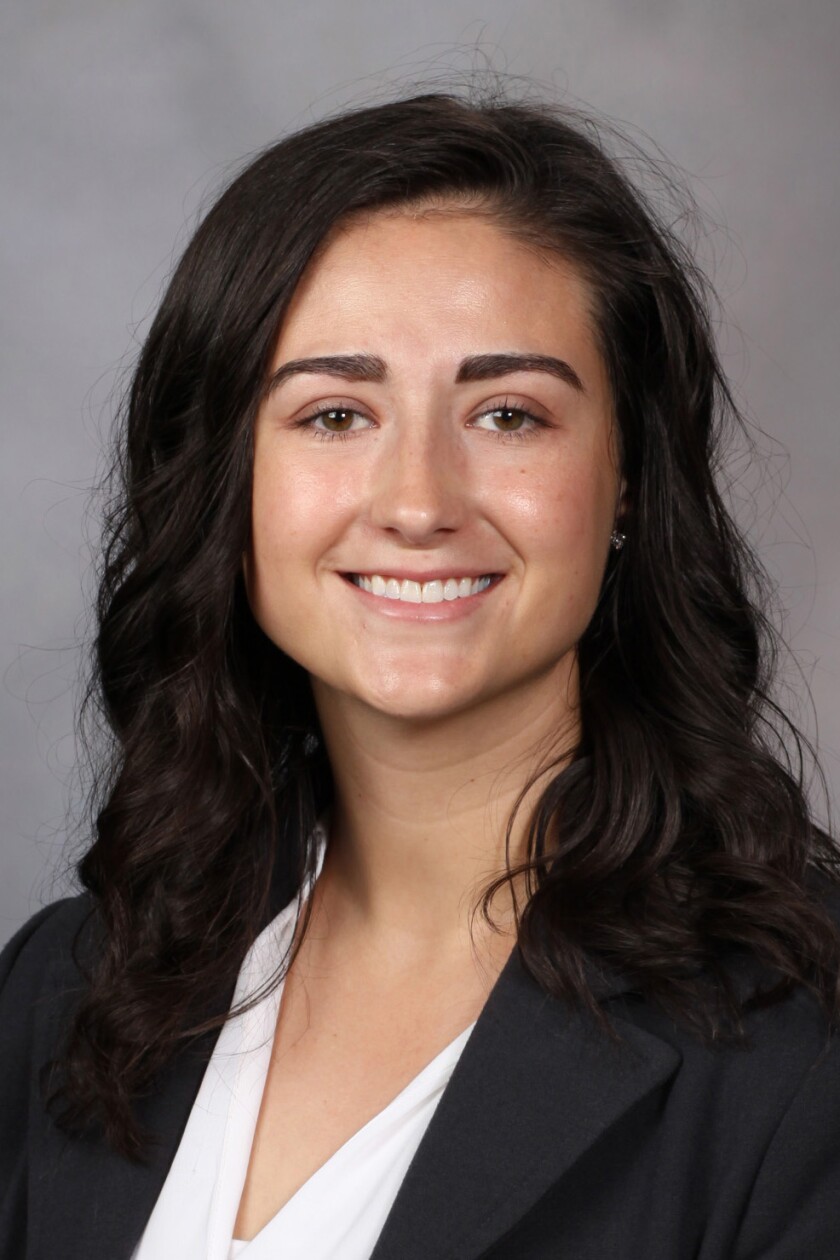ROCHESTER — Some sages are spicing up the geriatric education regimen for local medical students.
“I think it's quite common for older people to feel unheard or like they have nothing to offer. This program totally gets rid of those concepts,” says Marie Maher, a 68-year-old resident at Shorewood Senior Campus. Maher was describing her participation in the Senior Sages Program instituted by the Mayo Clinic Alix School of Medicine in 2009.
The Senior Sages Program is a four-year mentorship program that pairs first-year medical students with senior volunteers, called sages, who live in the community surrounding the medical school. The senior volunteers are encouraged to invite their student to participate in their health journey by attending medical care appointments, like office visits or laboratory testing. The goal of the program is to expose medical students to geriatric medicine, a medical expertise that is experiencing staffing shortages.
Though Maher has partnered with several medical students, she’s made a special bond with 30-year-old Beija Villalpando, and the two are currently coming to the end of their four-year experience together. Villalpando, from Oregon, is seeking her Doctor of Medicine degree. She and Maher were first paired in Senior Sages in 2018.
“The overall goal of this program is to educate students about the aging process, so that as future physicians, we will provide patient-centered, compassionate care for aging patients,” Villalpando said.
She first met Maher at a large gathering at Shorewood Senior Campus where she and her classmates were paired with their senior volunteers.
“After meeting, Marie and I would schedule meetings, either in-person (pre-pandemic) or virtually (pandemic) to discuss course learning objectives, such as confronting aging stereotypes, financial costs of aging, the Medicare program, and navigating the health care system.”

Maher learned about the Senior Sages Program five years ago, shortly after she moved into Shorewood Senior Campus and saw a notice in its newsletter about the program, inviting her to an informational meeting. Maher worked in higher education for 35 years and when she retired, she was director of development for the University of Minnesota.
“I like young people; I like being part of learning interactions," she said. "I really like the whole concept of listening to seniors and letting them have a voice in medical treatment.”
ADVERTISEMENT
Though Maher has had three student partners in the Sages program and enjoyed working with all of them, she has a special connection with Villalpando.
“I fell in love with Beija from the beginning,” she said. “She is so bright, so down-to-earth, so caring. When we first met, we talked a lot about her grandparents, and I could tell how loving she was.”
Maher describes meetings with her mentees in the Sages program as feeling like meetings with family members.
“A typical meeting would be similar to meeting with a grandchild: lots of catching-up talk, what's going on right now in your life and, of course, whatever questions they've decided to ask to get the information for their summary,” Maher said. “The conversations are very two-way and very personal.”
While the pandemic moved Maher's and Villalpando’s meetings to the telephone, pre-pandemic they’d often meet over a meal.
“We typically met at her living facility’s dining area where we would share a meal,” Villalpando said. They discussed topics that were assigned as part of the medical school’s curriculum and others that weren’t. “Our conversations surrounding the topic would often lead us in many different directions, which was always enjoyable,” Villalpando said.
“The Senior Sages program allows us to learn from patients with first-hand experience, so we can understand the barriers that exist for these patients,” Villalpando said. “For example, we learn how to safely prescribe and combine medications in our pharmacology courses, but the integration of the Senior Sages curriculum into our medical education ensures that we also understand the importance of optimizing medication use and timing to reduce patient burden.”
ADVERTISEMENT
Maher found just as much value in the program as Villalpando.
“Some of the stereotypes of aging really need to be debunked,” she said. “This happens through interaction.”
Maher says the program helped her feel heard: “I feel like I have something valuable to give.”
An article published in “Gerontology & Geriatrics Education” in 2018 focused on the Senior Sages Program. The article said that 70% of the medical students in the program found that it helped them take better care of elderly patients.
In medical care, Maher thinks it is important “that two human beings connect,” and her experiences volunteering with the Senior Sages Program made that happen.
“My relationship with Marie has been an incredible blessing,” Villalpando said. “I know that Marie’s insight will also help me care for my future patients.”
For her part, Maher is convinced Villalpando “will be a superb doctor.”








